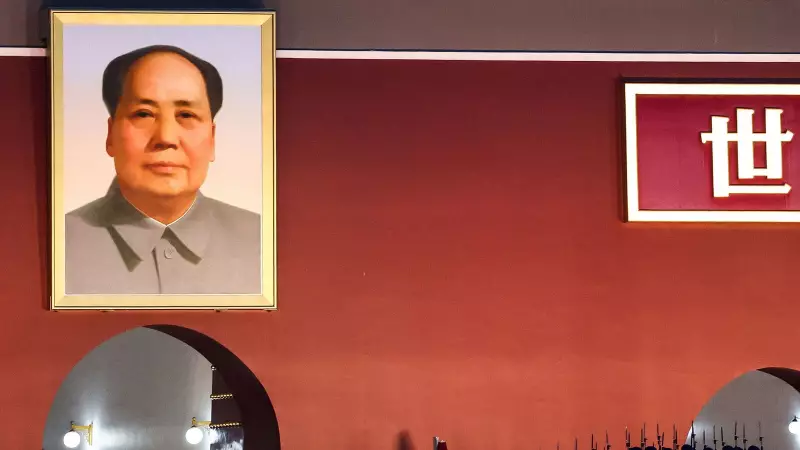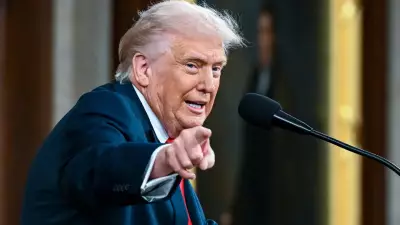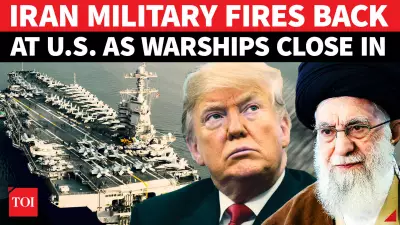
In a striking development within the ongoing US-China trade conflict, Chinese officials have begun invoking the legacy of revolutionary leader Mao Zedong during diplomatic exchanges with their American counterparts. This strategic reference to China's communist patriarch represents a significant shift toward nationalist rhetoric as economic tensions reach new heights.
The Patriotic Turn in Economic Diplomacy
Recent dialogues between Washington and Beijing have taken an unexpected historical turn, with Chinese representatives drawing upon Maoist ideology to frame their position. This deliberate invocation of revolutionary symbolism serves multiple purposes in the current economic standoff:
- Strengthening domestic unity by appealing to nationalist sentiments
- Reinforcing China's resilience narrative against external pressure
- Signaling determination to withstand American trade measures
- Connecting current struggles to historical revolutionary triumphs
Historical Echoes in Modern Economic Warfare
The appearance of Mao's ideological framework in contemporary trade discussions underscores how deeply historical memory continues to influence China's foreign policy approach. Mao Zedong, who founded the People's Republic of China in 1949, represents both revolutionary triumph and enduring self-reliance—themes particularly resonant as China faces significant economic headwinds.
Analysts observe that this rhetorical shift coincides with increasingly difficult negotiations, suggesting Beijing may be preparing its citizens for a prolonged economic confrontation. By linking current trade pressures to China's historical struggles against foreign domination, officials create a powerful narrative of perseverance and eventual victory.
Strategic Implications for Bilateral Relations
This injection of revolutionary patriotism into economic discourse carries significant implications for the future of US-China relations:
- Hardened negotiating positions as historical symbolism reduces flexibility
- Increased domestic pressure on Chinese officials to maintain firm stance
- Potential escalation of rhetoric that could complicate resolution
- Reinforcement of ideological differences between the two economic powers
The Mao references represent more than mere historical nostalgia—they signal a calculated pivot toward emphasizing China's capacity for endurance and self-sufficiency, themes deeply embedded in Maoist doctrine that continue to resonate with Chinese political culture.
Looking Forward: Nationalism as Economic Strategy
As trade tensions show little sign of immediate resolution, the ideological dimension introduced by Mao's legacy suggests Beijing may be digging in for an extended economic conflict. This patriotic framing serves both domestic and international audiences, reinforcing China's position while preparing its population for potential economic sacrifices.
The revival of revolutionary rhetoric in economic diplomacy marks a notable evolution in China's approach to the trade war, potentially signaling a long-term strategy where historical symbolism and nationalist sentiment become integral components of economic statecraft.






